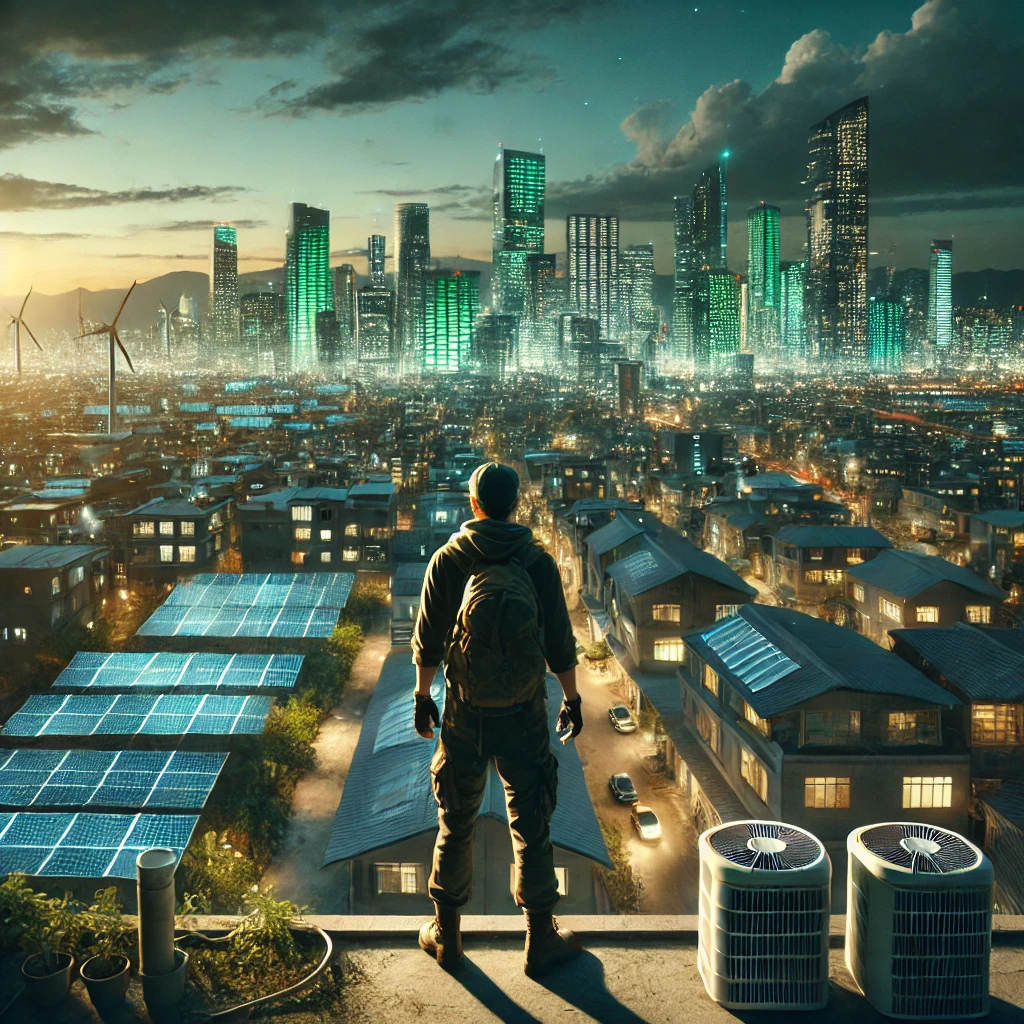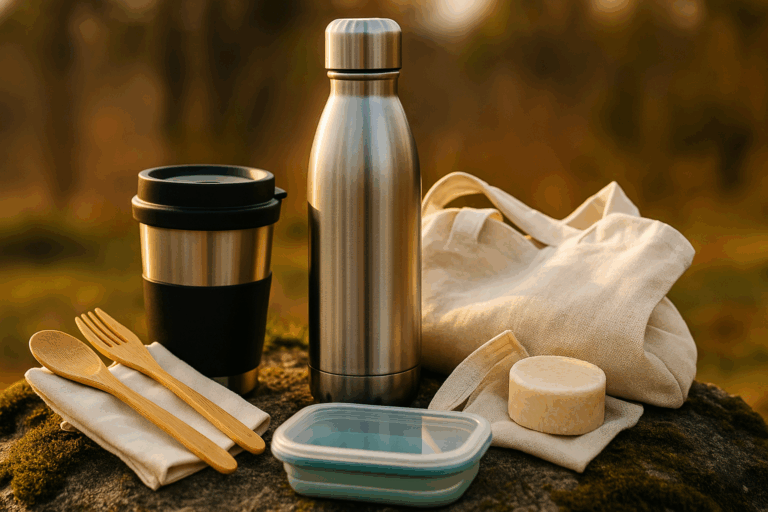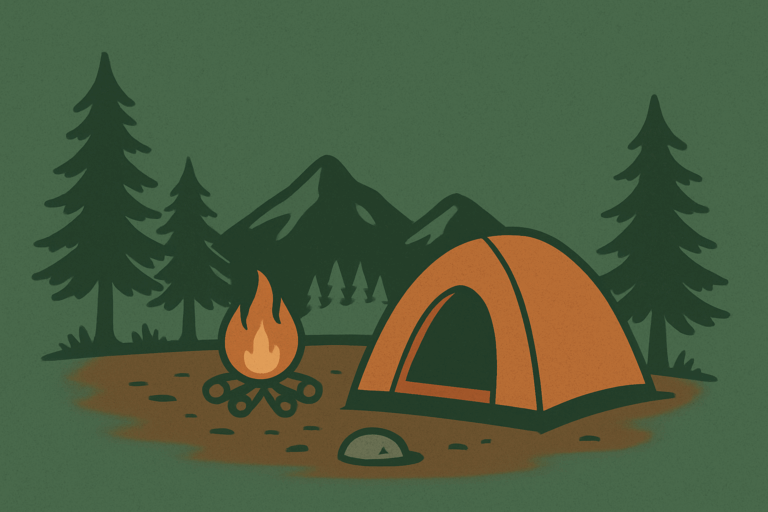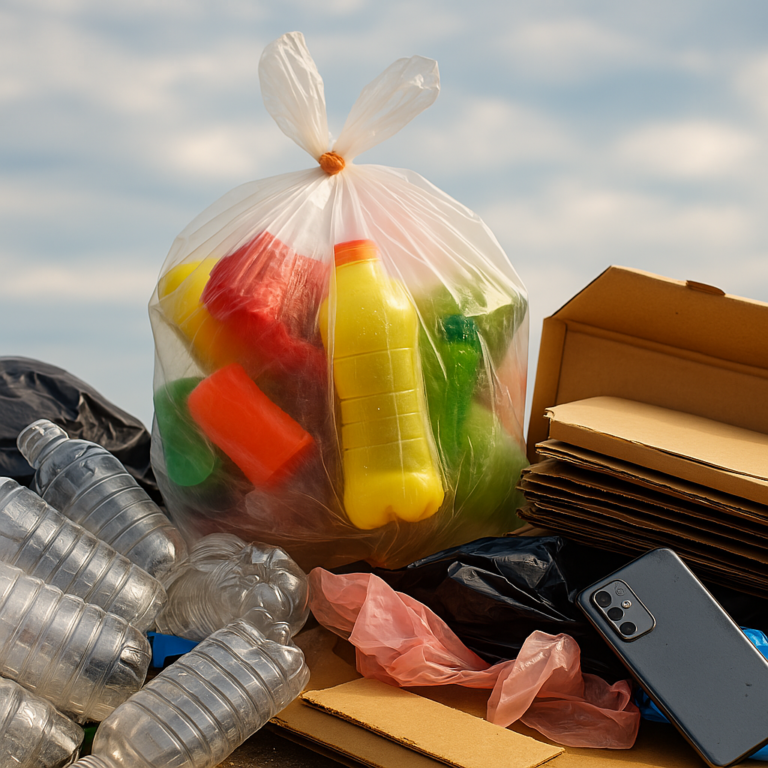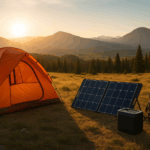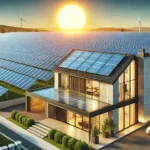Imagine This…
It’s 2045. You step outside and the air feels… heavier. The sky isn’t the same bright blue you remember as a kid—it’s murkier, hazy. Birds that once filled the morning with song are strangely absent. The seasons don’t shift like they used to, and summer now means endless heatwaves, food shortages, and rolling blackouts.
You remember when people had a chance to change things. But we didn’t.
And now? We’re paying the price.
Sounds dramatic? Maybe. But we’re already seeing the first signs of this reality creeping in. Wildfires rage longer. Grocery bills climb higher. Power outages become the norm.
The question isn’t if things will get worse—it’s how fast.
But here’s the part no one tells you:
The Future Is Being Written By People Who Believe They Can Change It.
And you?
You have more power than you realize.
Why “Sustainability” Is a Dirty Word (And Why We Need It Anyway)
Let’s be honest—sustainability has become a buzzword. Corporations slap it onto products, influencers preach it while sipping from single-use plastic cups, and governments talk big but move slow.
And because of that, most people tune it out. It feels like a luxury for the privileged. Something only “eco-warriors” have time for.
But let’s reframe that.
Sustainability isn’t about hugging trees or going zero-waste overnight. It’s about survival. It’s about protecting your family’s future, your financial security, and your ability to live freely.
Because here’s what nobody talks about:
- The rising cost of food? Tied to soil depletion and extreme weather.
- Water shortages? Happening faster than predicted.
- Power outages? Increasing due to overstrained grids.
Ignoring sustainability isn’t just bad for the planet—it’s bad for your wallet, your health, and your long-term freedom.
How Tiny Choices Shape Massive Outcomes
The truth is, most people don’t change until they’re forced to.
But the ones who see the signs early? They adapt. They take control.
Here’s how you can start without turning your life upside down:
1. Reclaim Your Power (Literally)
The modern power grid is fragile. You’ve seen the news—blackouts during heat waves, gas prices skyrocketing, utilities hiking rates. Why let someone else control your electricity?
- Solar panels on your home = locked-in energy security.
- Portable solar generators = backup power during outages.
- Smart energy use (LEDs, better insulation) = lower bills, more savings.
If nothing else, imagine this: A storm hits. The power goes out. Everyone around you panics. But you? You’re still watching Netflix, lights on, fridge humming. Because you prepared.
2. Break Free From the Supermarket Trap
Food costs aren’t going down. Supply chains are breaking down. So what can you do?
- Grow something. Herbs, tomatoes, or a backyard garden—every bit of food you produce is one less thing to buy.
- Support local farms. The more we rely on giant grocery chains, the more we’re at their mercy.
- Stock up smart. Learn basic food preservation—canning, freezing, or dehydrating can save you when prices spike.
The goal? Less reliance on fragile systems, more control over your own survival.
3. Shift from Consumer to Creator
Most people are locked in the buy-dispose-repeat cycle. It’s profitable for corporations, but financially and environmentally devastating for you.
Instead:
- Buy things built to last. (Cheap fast fashion? Say no.)
- Learn basic repair skills. Sewing, fixing electronics, or repurposing old items saves money and reduces waste.
- Invest in what makes you independent. (Solar, rainwater collection, a small homestead, even a simple DIY compost bin.)
4. Hack Your Brain to Make It Stick
The biggest reason people don’t change? They think their small actions don’t matter.
That’s psychological inertia at play. But here’s how to flip the script:
- Micro-habits beat big goals. Instead of “going green,” start by swapping one product, one habit. (Example: Keep reusable bags in your car. Done.)
- Make it social. Humans follow what others do—so get friends involved. Make a challenge out of it.
- Focus on gains, not guilt. Instead of feeling guilty for waste, focus on saving money, improving health, and gaining freedom.
This Is Your Wake-Up Call—Are You Going to Answer?
The truth is, no one is coming to save us.
Not the government. Not corporations. Not some future tech breakthrough.
But you? You can save yourself.
Sustainable living isn’t about going “off-grid” or becoming a minimalist monk. It’s about stacking small changes that add up to a massive advantage.
If you start today, you’ll be ahead of 99% of people still waiting for the world to fix itself.
So what’s your first step? Drop a comment below and let’s make the future one worth living in.
Final Thought:
Sustainable living isn’t about sacrifice—it’s about taking back control of your life.
The question isn’t if things will change. It’s whether you’ll be ready when they do.
And if you made it this far? You’re already ahead of the curve.
Now go take action. Your future self will thank you.

